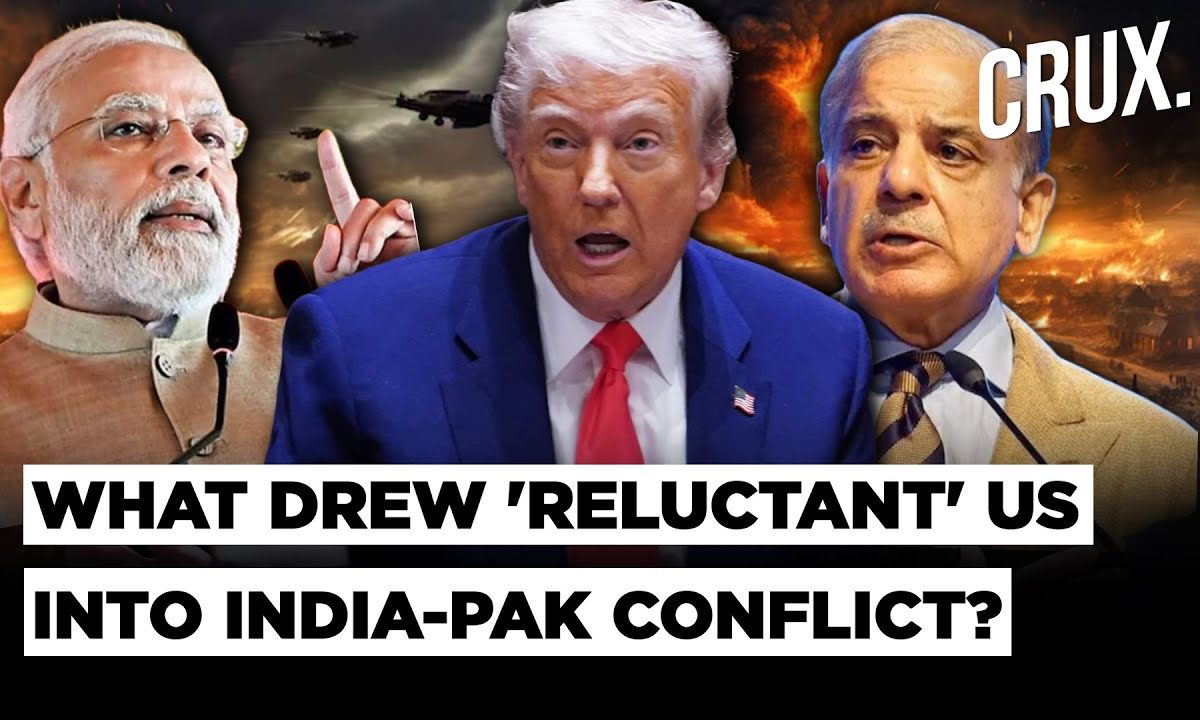

The fragile truce between India and Pakistan, reached after days of intense fighting, has prompted questions about whether the threat of nuclear conflict and potential US mediation accelerated the ceasefire. While the situation remains tense, with both sides accusing each other of initial violations, the agreement to halt hostilities has brought a semblance of calm to the border region.
The recent escalation was triggered by a deadly terror attack in Jammu and Kashmir, which India blamed on Pakistan-backed terrorists. In response, India launched strikes on alleged terror camps within Pakistan, leading to retaliatory drone attacks and escalating fears of a full-blown war. The intensity of the conflict, marked by missile and drone firings across the shared border, resulted in numerous casualties.
Amidst the escalating tensions, the United States stepped in to facilitate a ceasefire. US President Donald Trump announced the agreement, stating it was reached after talks mediated by Washington. US Secretary of State Marco Rubio also acknowledged extensive conversations with senior officials from both India and Pakistan. Trump has offered to work with India and Pakistan to find a "solution" to the Kashmir issue. While Islamabad has welcomed Washington's role and Trump's offer to mediate, New Delhi has been silent on US involvement, reiterating that disputes should be resolved bilaterally. India has historically rejected third-party mediation, insisting that Pakistan must first stop sponsoring terrorism for dialogue to resume.
Despite the ceasefire agreement, skepticism remains. Hours after the announcement, violations were reported in Kashmir, with both sides accusing the other of initiating the breaches. India's military sent a "hotline message" to Pakistan, asserting its intent to respond to further violations. The Indian Army has been authorized to take strong action against any ceasefire violations.
The current situation highlights a shift from India's previous stance of "none of our business" regarding international involvement in India-Pakistan relations. While India maintains its position of resolving disputes bilaterally, the US's role in brokering the ceasefire suggests a subtle change in dynamics. Whether this marks a long-term shift towards accepting mediated solutions remains to be seen. For now, the focus is on maintaining the ceasefire and preventing further escalation. Military officers from both sides have spoken on the hotline to discuss the next steps.